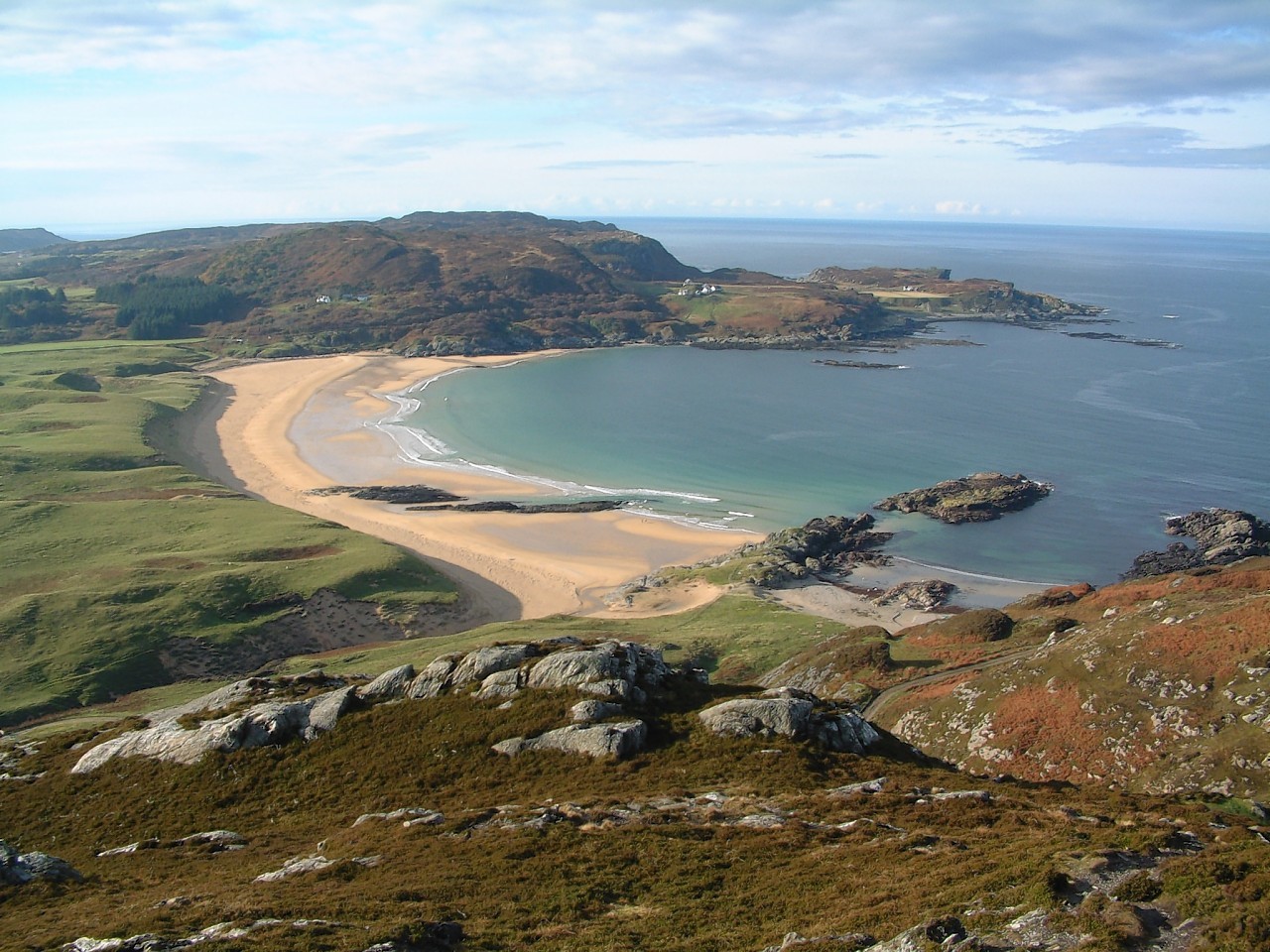The heritage of the beautiful island of Colonsay will be the feature of a four-day conference on the island.
The event will mark the 100th anniversary of Colonsay man Donald MacKinnon’s death by looking at aspects of his illustrious life and work, and shining a spotlight on the outstanding human and natural heritage of his native island.
Mr MacKinnon was an outstanding Gaelic scholar and occupied the first ever Chair of Celtic at Edinburgh University.
Starting on Friday, the keynote address will be delivered by leading researcher Professor Rob Dunbar, Edinburgh University’s current Chair of Celtic Languages, Literature, History and Antiquities and head of Celtic and Scottish Studies.
This event is hosted by The Islands Book Trust and has been arranged in partnership with the Colonsay and Oransay Heritage Trust and the University of Edinburgh, with support from Awards for All and the Colonsay Estate.
It is hoped that, by celebrating Colonsay’s past, this event will promote the island’s economic and cultural future.
Like all Island Book Trust events, this will be much more than an academic occasion.
The trust’s Mairi N MacKenzie said: “We pride ourselves on bringing people together from a range of different backgrounds on the principle that we can all learn from each other’s perspectives, and that a mixture of backgrounds adds to the enjoyment of the occasion.
“We also believe there are great advantages in holding conferences in a community setting, with active participation by local people. With this in mind most sessions will take place in the Colonsay Village Hall, there will be a community ceilidh and an opportunity to visit places of historic interest in Colonsay and Oransay.”
Colonsay, and the associated tidal island of Oransay, has a population of some 130 and is one of the most beautiful of the Inner Hebrides, with a rich heritage of natural history, place-names, early Christianity, and Gaelic traditions.
The Islands Book Trust was formed in 2002 to further understanding of the history of Scottish islands in their wider Celtic and Nordic context, and generate economic, social, and cultural benefits for local communities in the islands.
